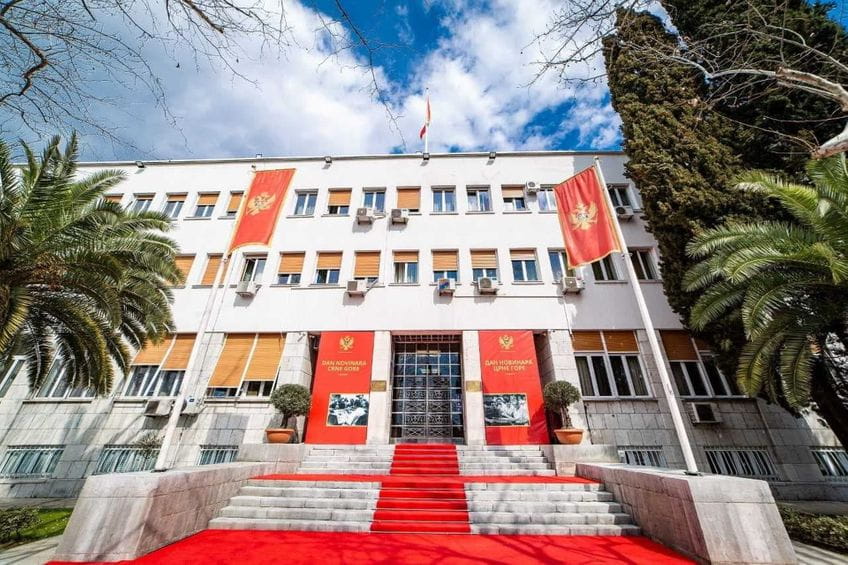Although several political parties, both from the ruling majority and the opposition, publicly supported the initiative of the Center for Democratic Transition (CDT) to set up a special committee within the Montenegrin Parliament to tackle foreign interference in democratic processes, regardless of where they may be coming from, the parliament took no action towards the establishment of this working body.
Way back in March, the CDT submitted to the Parliament of Montenegro the initiative to establish a committee following the example of the Special Committee on Foreign Interference in all Democratic Processes in the European Union (INGE).
At the time, the set-up of a special working body was publicly supported by the Civic Movement URA, the Socialist People’s Party (SNP), the Democratic Party of Socialists (DPS) and the Bosniak Party.
Since March, when the initiative was submitted to Parliament Speaker Aleksa Becic, the interference of third parties in the events in Montenegro has been very much evident, by way of tabloid media campaigns, meddling in events in Montenegro and through direct and indirect political and economic influence. This being said, such a committee is even more needed than seven months ago, when we launched the initiative.
By ignoring our initiative, even though initially supported by parts of the government and the opposition, Montenegrin institutions are indicating that they do not want to genuinely approach building democratic resilience. For this reason, we are once again appealing to those who initially supported our proposal to take immediate action and table it before the parliament.
At yesterday’s INGE session, we informed MEPs about the unacceptable situation in Montenegro and the importance of institutionalized approach to foreign interference, and voiced our expectation for our parliament to finally start getting actively engaged in this area.
We are hereby reminding the public that the mandate of the INGE Committee is to work on assessing the level of foreign threats and meddling in national and European elections across the EU, to keep track of disinformation campaigns, cyber-attacks, direct and indirect financial support and economic coercion of political actors and civil society subversion.
After establishing a general diagnosis, the Committee is tasked with identifying solutions and proposing tools to counter these attempts to sabotage democratic processes.
All this being said, we see no reason why the Parliament of Montenegro might perceive challenges in the establishment of a committee modeled after the leading source of democracy in Europe – the European Parliament.
Milica Kovacevic, CDT Program Director
Â



